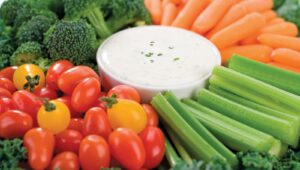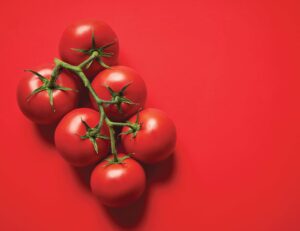How are you hydrating and feeding your little (or not so little) athlete?
Eating a healthy diet ensures that your athlete is getting all the nutrients his or her body needs to produce energy and create new muscle tissue, enzymes, and other cellular structures involved in energy metabolism. Proper nutrition can also help repair damage from training as well as everyday wear and tear, and it keeps the body’s muscles, bones, joints, tendons, and organs functioning optimally.
You are taking your child to his or her sporting event. What have you provided for hydration and nutrition during and after the event?
Sadly, Americans spend hundreds of millions of dollars on energy drinks and energy bars each year. Bar and drink makers add dozens of elements to these products, including vitamins, minerals, herbs, and whey, to make you believe that you are buying something healthy. However, the active ingredients usually come down to two simple substances: sugar and caffeine. If your child is exercising at a moderate level, or sitting on the sidelines, these extra sugars just turn to fat, overwork the pancreas, and wear out adrenal glands.
Sports drinks hit $7.5 billion in sales last year alone, and according to the trade journal Beverage Digest, they are one of the top beverages consumed, after energy drinks and bottled water. But when you look at the main ingredients: water, high-fructose corn syrup, and salt, are you really giving your body what it needs to function optimally? Despite slick marketing, these drinks are not healthy, nor do they increase performance. The real problem lies in their choice of ingredients — the use of high-fructose corn syrup in particular — which should be your first tip-off that this stuff is bad news.
High-fructose corn syrup — the number one source of calories in the United States — is the most prevalent sweetener used in foods and beverages today. It has been clearly linked to the rise in obesity and metabolic syndrome. Just like other sugars, it disrupts your insulin levels, which in turn increases your risk of nearly every chronic disease there is.
Energy Rules for Athletes of All Ages
Please understand that energy and stamina do not come from sugar. Taking in simple carbs like sugar, corn syrup, pasta, or bread before an event tends to cause a quick spike in blood sugar followed by a corresponding fall, making you feel more exhausted than before. More than anything, simple carbs and excess complex carbs will make you sluggish and hamper your performance. If you want to create energy naturally, here are three simple rules to follow:
- Just before a game or hard workout, eat a little bit of fruit, such as an apple, plum, pear, citrus fruit (not juice), or berries. They are great right before a game or workout because they give you a small spike without the massive plummet.
- Two to three hours before a game or hard workout, complex carbs, fats, and a small amount of protein will do the trick. Sweet potatoes, brown rice, olive oil, almond butter, flax oil, walnuts, almonds, and eggs are all easy to digest and can give you more sustained energy for the day.
- Post exercise, your body is nitrogen-poor and your muscles have been broken down. That is why you need amino acids from animal proteins like chicken, beef, and eggs, as well as vegetable carbohydrates.
So, what can you use instead of sports drinks? Here is a simple recipe to help your little athlete hydrate during an event. Mix all ingredients together well and store in the refrigerator.
1/4 cup fresh lime juice
1/4 cup fresh lemon juice
2 cups cold water
1/8 tsp Himalayan salt – This salt has small amounts of many minerals we all need, whereas table salt does not.
2 tbsp natural honey – Get your honey from your local farmer. Many products labeled as honey or “natural” in grocery stores are made with high fructose corn syrup and contain little, if any, real honey.
I am part of a global movement for positive social change working to help people and the planet become healthier.
























